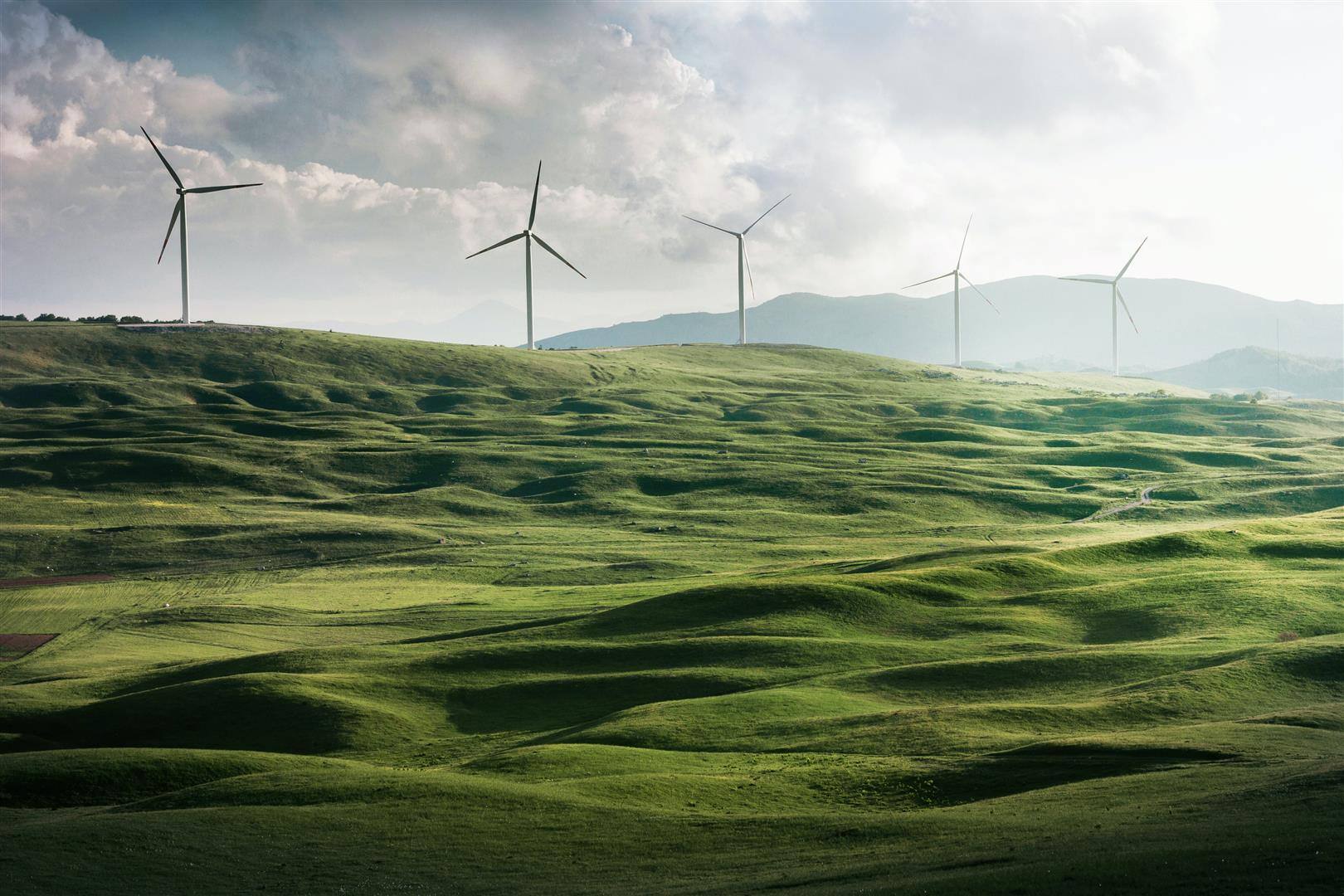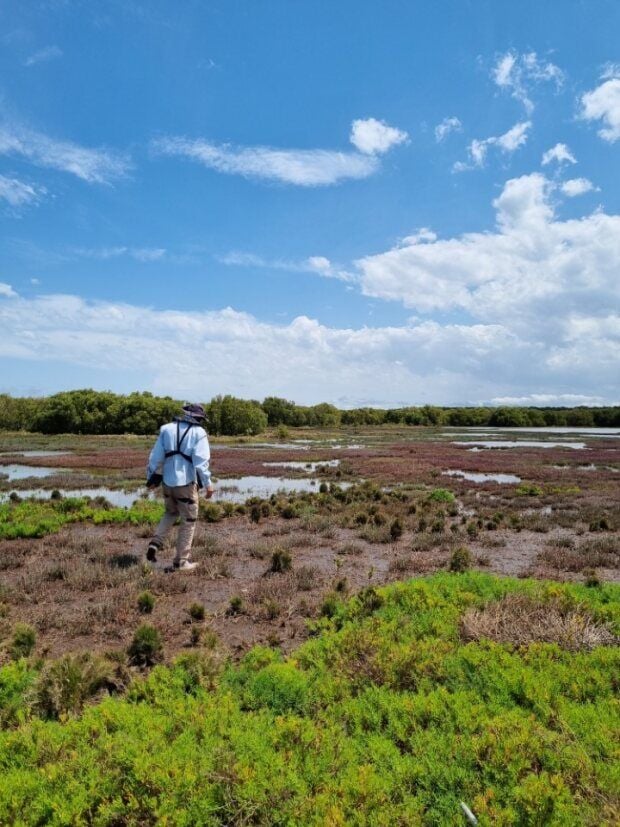
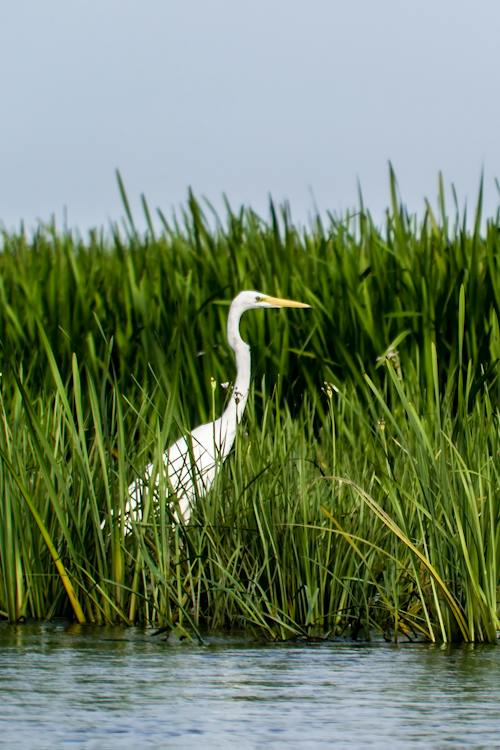
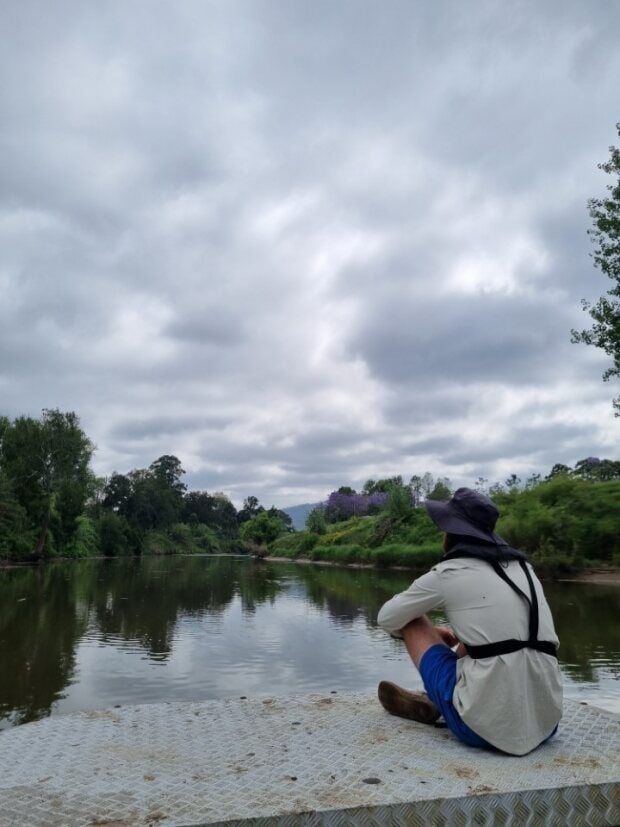
World Wetlands Day is an excellent time to recognise one of the unsung heroes of the Earth – wetlands.
Wetlands are among the most productive and biologically diverse ecosystems on the planet. They serve many important ecological functions, filtering pollutants and improving water quality. They also act as critical buffers against floods, absorbing excess rainfall and reducing the impact of storm surges. Their dense vegetation stabilises shorelines, minimising erosion and protecting inland areas. Wetlands are also carbon sequestration powerhouses, locking away vast amounts of carbon dioxide, thus playing a significant role in climate change mitigation.
Australia recognises 67 Ramsar wetlands, which collectively cover over 8.3 million hectares of land. These wetlands play a vital role in preserving biodiversity by providing habitats for a vast range of flora and fauna. They offer a variety of essential services such as serving as fish breeding grounds and providing roosting sites for microbats. Even migratory shorebirds, which travel overseas to visit Australian wetlands.
The Threats Facing Wetlands
Despite their significance, wetlands are under great threat. Urban expansion, agricultural development, and industrial activities are just some of the activities that are contributing to the destruction of wetlands.
Climate change has further exacerbated this situation, with rising sea levels and increased flooding altering wetland landscapes and biodiversity. In regions like the Hunter Valley, the changing climate has led to the inundation of many wetlands. This flooding of saltwater can be particularly dangerous to freshwater wetlands.
Wetlands are naturally migratory and will move over time, however, barriers such as levees, drains, and private property impede the natural expansion and migration of wetlands, further endangering their survival.
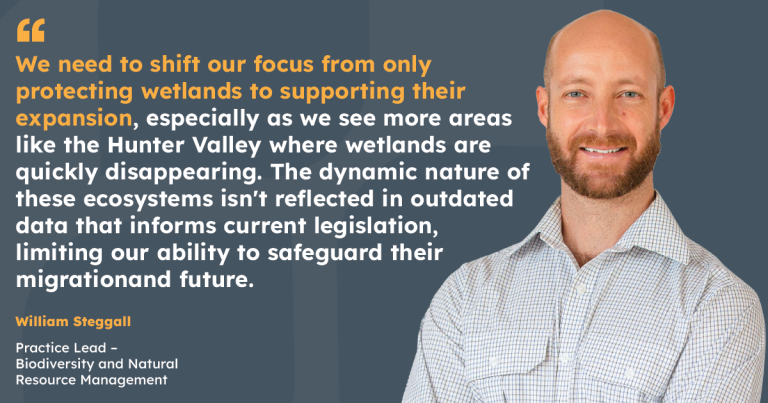
Wolfpeak’s Contribution to Wetland Conservation
At WolfPeak, we are deeply passionate about the preservation and management of wetlands. We’ve done work across the New South Wales coastal wetlands, including studies in the Lower Hunter estuary. Through our projects, we’ve explored issues such as dead mangroves and excessive sediment deposition, seeking solutions that not only restore but also enhance wetland resilience.
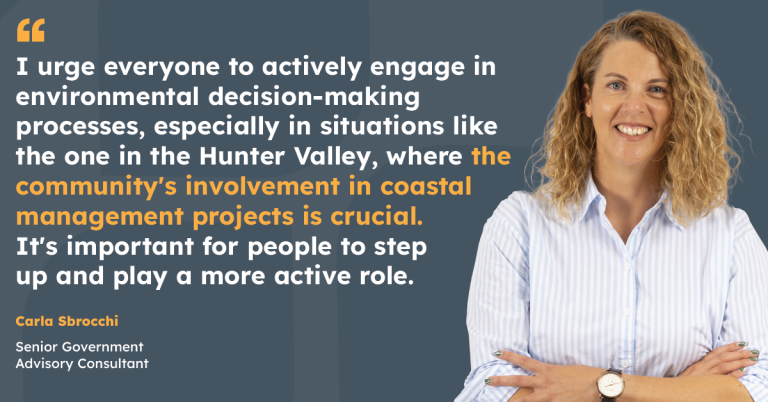
Even when not working directly with wetlands, WolfPeak encourages more dynamic management strategies that consider future expansion and protection. The concept of a blue carbon market, for instance, presents a win-win scenario where land inundated by saltwater can be used for salt marsh cultivation, providing carbon credits and economic incentives for landowners.



